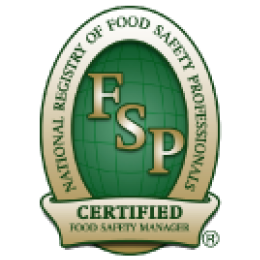In a bold move to build on its nation-leading health and nutrition policies, Governor Gavin Newsom has issued an executive order targeting the harms associated with ultra-processed foods and synthetic food dyes. This latest effort aims to prioritize public health, reduce chronic illnesses, and enhance access to affordable, nutritious food across California.
Governor Newsom’s Executive Order
Today, Governor Newsom took decisive action by signing an executive order directing state agencies to investigate and recommend strategies to combat ultra-processed foods and food dyes. Key elements include:
- Recommendations for Harm Reduction: Agencies will provide actionable steps to limit the negative impacts of ultra-processed foods and harmful food ingredients.
- Investigation into Synthetic Dyes: Continued research on the health effects of synthetic food dyes linked to behavioral and health risks.
- Community Investments: Exploring the feasibility of using Medi-Cal Managed Care plans and hospital Community Investment dollars to increase access to healthy foods and mitigate food deserts.
- Enhanced School Nutrition Standards: Developing new standards to ensure California schools lead the nation in providing healthy, nutritious meals.
Governor Newsom emphasized the need for collaboration with industry experts and consumers to achieve these goals, stating, "The food we eat shouldn’t make us sick with disease or lead to lifelong consequences. We’re creating a healthier future for every Californian."
Why This Matters
Chronic illnesses, such as diabetes and heart disease, are directly linked to poor nutrition. According to the 2025 Dietary Guidelines Advisory Report, 73% of U.S. adults are overweight or obese, while 38% of youth are prediabetic. By addressing these challenges head-on, California aims to lower chronic disease rates and promote healthier lifestyles statewide.
Leading the Way on School Nutrition
California has a long-standing history of surpassing federal nutrition standards. Efforts include:
- Universal Meals Program: All TK-12 students receive two free meals per day.
- Farm-to-School Initiative: Locally-sourced meals to enhance nutrition and support local agriculture.
- Food Safety Standards: Banning sodas, restricting caffeine, and limiting sugars in non-dairy milk.
These programs ensure students consume more fruits, vegetables, and whole grains while minimizing processed ingredients.
2024 Legislative Actions
Recent laws further solidify California’s commitment to food safety and nutrition, such as:
- AB 2316: Prohibits synthetic food dyes in schools.
- AB 660: Standardizes food safety labeling to reduce waste.
- AB 418: Bans harmful additives like Red Dye No. 3 and Brominated Vegetable Oil.
- AB 518: Enhances CalFresh enrollment for low-income families.
Conclusion
Governor Newsom’s executive order underscores California’s unwavering commitment to public health. By tackling ultra-processed foods, harmful additives, and food deserts, the state is setting a transformative precedent for the nation. As these efforts unfold, California continues to lead the charge in creating a healthier, more equitable future for all.





